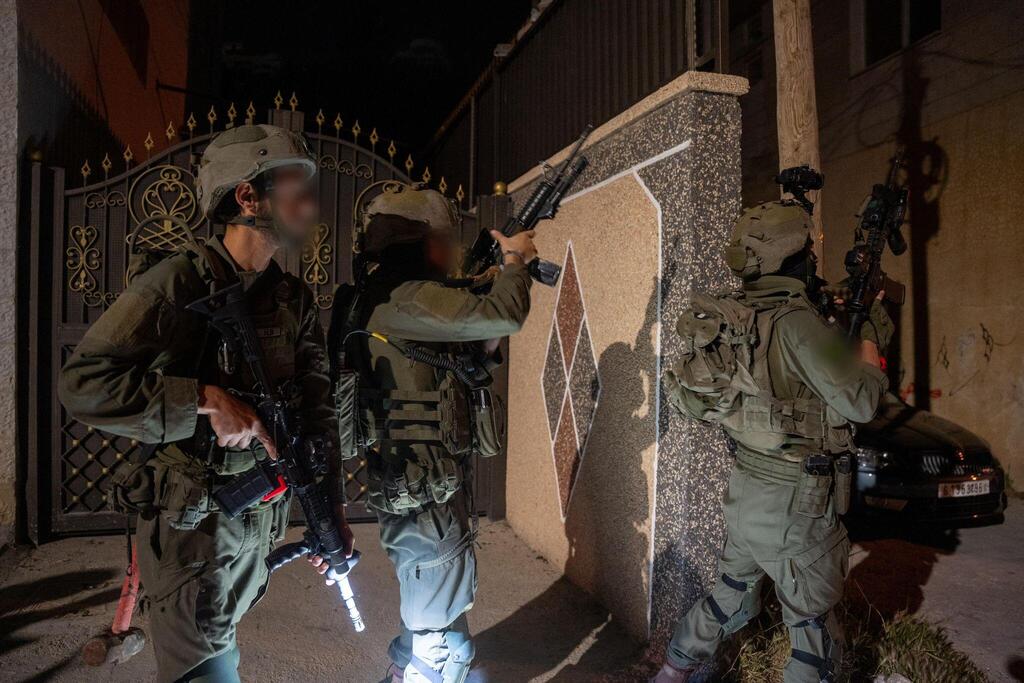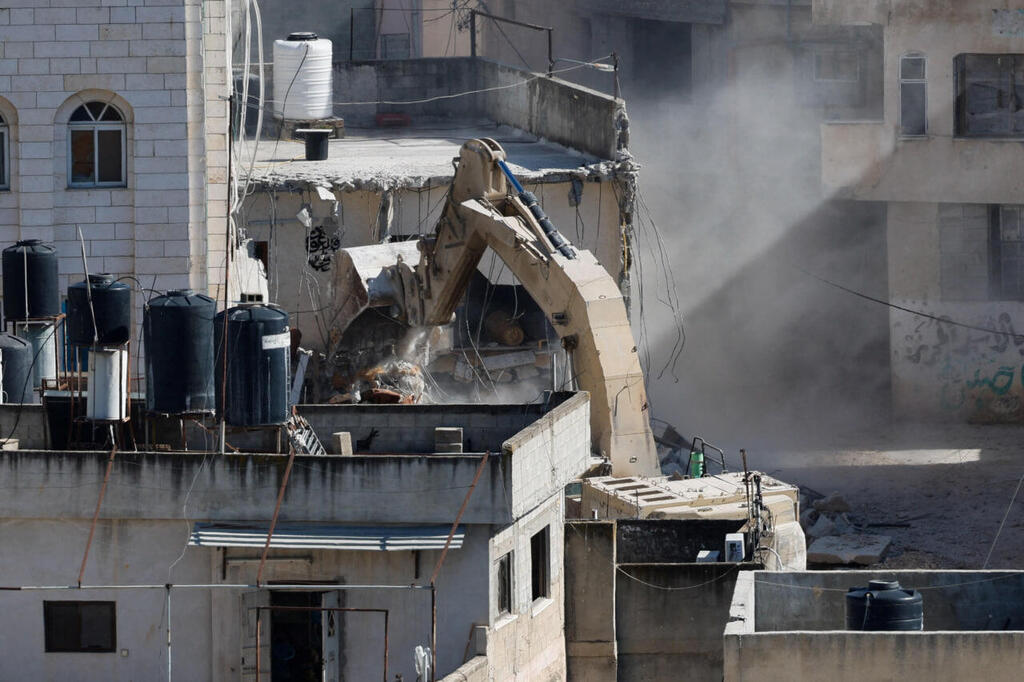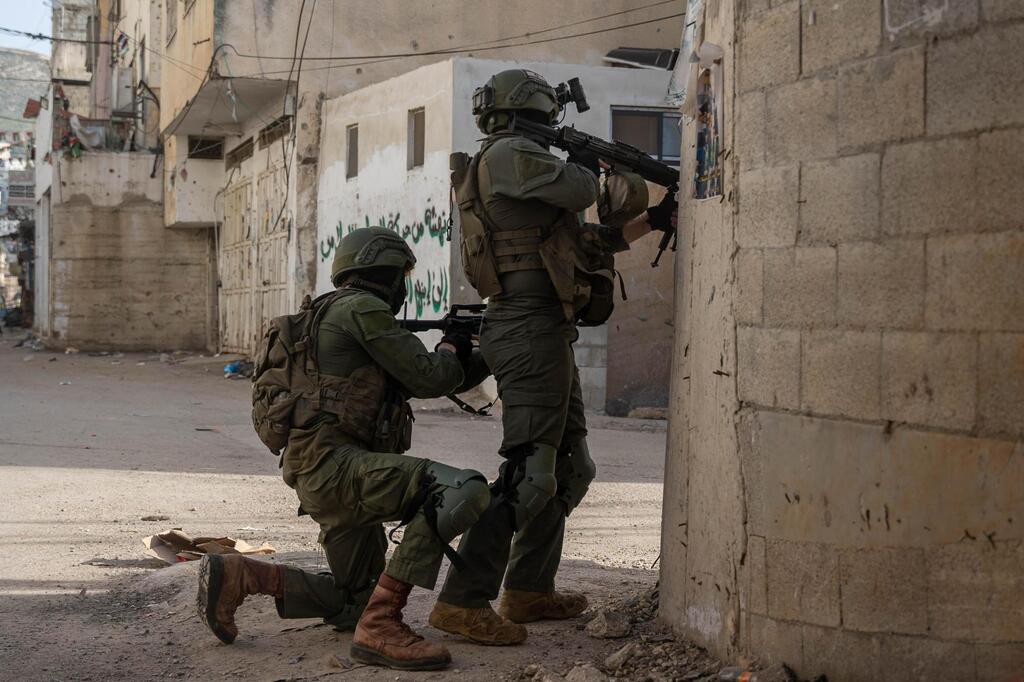The West Bank has witnessed an unprecedented decline in terrorist attacks in recent months, as Israeli security forces intensify operations to dismantle terror infrastructure. Central Command’s Operation Iron Wall, launched alongside significant political changes within the Israeli government, has contributed to a dramatic drop in violence in the region.
According to newly released data from the Israeli security establishment, April 2025 recorded the lowest number of attacks in the West Bank in the past five years, with just 46 incidents, of which three were significant—shootings, stabbings, or bombings. This marks a sharp decline from 2023, when the monthly average was 214 attacks, peaking at 510 in October. The number of monthly attacks dropped to 115 in 2024 and just 57 in 2025. In comparison, the monthly average in 2020 was 74, and in 2021 and 2022, it stood at 120 and 168, respectively.
The decrease in attacks is largely attributed to a combination of intensive security measures and structural changes on the ground. Since the beginning of the year, Israel's Shin Bet security service has thwarted around 500 planned attacks, including high-profile plots. This dramatic decline is seen as a result of Operation Iron Wall, which has been focused on neutralizing terror infrastructure in Palestinian refugee camps, particularly in Jenin and Tulkarm.
The operation has involved engineering efforts to reshape these camps, including widening roads, dividing the camps into "blocks," and ensuring rapid access for security forces. “The goal is to transform the camp into an open city where every point is accessible quickly,” a security source explained.
In a significant new development, Central Command’s Civil Administration is planning the demolition of around 100 structures in the Tulkarm and Noor al-Shams refugee camps. The announcement has caused panic among Palestinian residents, with thousands fleeing the camps with their belongings. This is part of a broader strategy to reshape the camp environment, making it easier for Israeli forces to operate within.
At the same time, Israeli forces are engaged in targeted operations to hunt down terrorists who have fled to villages such as Qabatiya. These operations, based on intelligence gathered by Shin Bet, have created a sense of being hunted among the terrorists. "They hide in caves, but we reach them," said a military source. As a result, many refugee camps in the West Bank are now relatively empty, support for terror groups on social media is declining, and the Palestinian public is becoming increasingly aware of the heavy price of terrorism.
The security operations are based on intelligence from Shin Bet, targeting individuals involved in past attacks or suspected of planning new ones. Special forces are conducting operations in collaboration with Shin Bet and the IDF, aiming to dismantle terrorist cells.
In addition to military actions, the IDF is actively targeting the financial networks supporting terrorism. Since the onset of the "Iron Swords" war, Israeli forces have seized 46 million shekels in terrorist funding through operations like "Golden Swords" and "Baywatch". Three major money exchange businesses have been shut down, and 23 exchange branches have been declared illegal. Authorities are also seeing a rise in attempts to fund terrorism through cryptocurrency, though these efforts have largely been thwarted. Additionally, weapons smuggling routes along the eastern border are under close surveillance.
The IDF is also focused on combating incitement on social media. In a recent operation, forces arrested two individuals in Nablus and Tubas for inciting further violence through social media platforms. Security officials warn that ongoing incitement from groups like Hamas and Islamic Jihad, as well as from external actors such as Iran, could inspire additional lone-wolf attackers or local terror cells in the West Bank.
The volatile situation in the West Bank remains difficult to predict, with officials warning that developments elsewhere—such as in Gaza, Lebanon, Syria and Yemen—could have a destabilizing effect on the region. Additionally, terrorists released in prisoner swaps, particularly those sent to Turkey, Lebanon and Gaza, continue to direct attacks from abroad, providing both financial and ideological support to terror groups operating in the West Bank.
<< Get the Ynetnews app on your smartphone: Google Play: https://bit.ly/4eJ37pE | Apple App Store: https://bit.ly/3ZL7iNv >>
Despite the successes of the current operations, the situation remains fragile, and the possibility of further escalations looms, especially with concerns about potential attacks similar to the October 7 massacre. In recent years, the West Bank has undergone significant political and security shifts, with government moves such as the transfer of powers to Minister Bezalel Smotrich and the reshuffling of Defense Minister Yoav Gallant from office contributing to the evolving security landscape.
As Israeli forces continue their operations, the risk of further violence remains high, and the trajectory of security in the West Bank remains uncertain.





